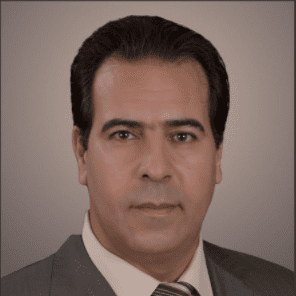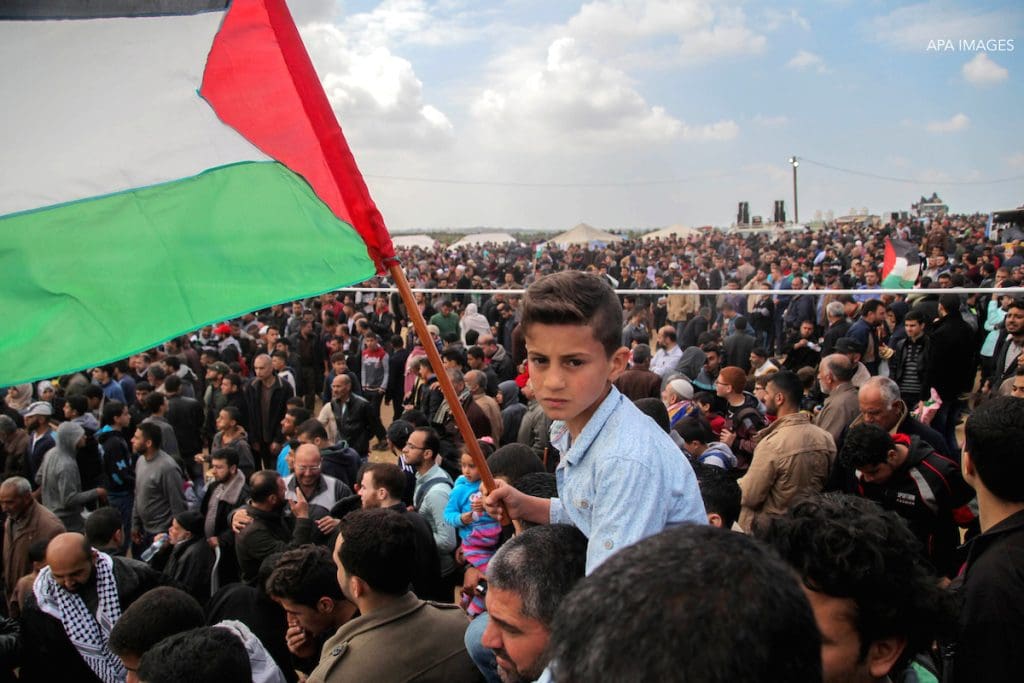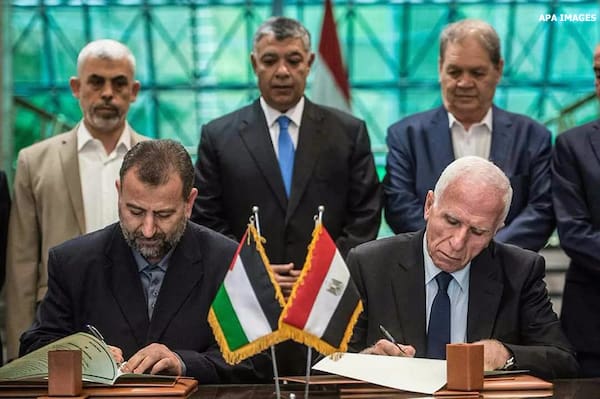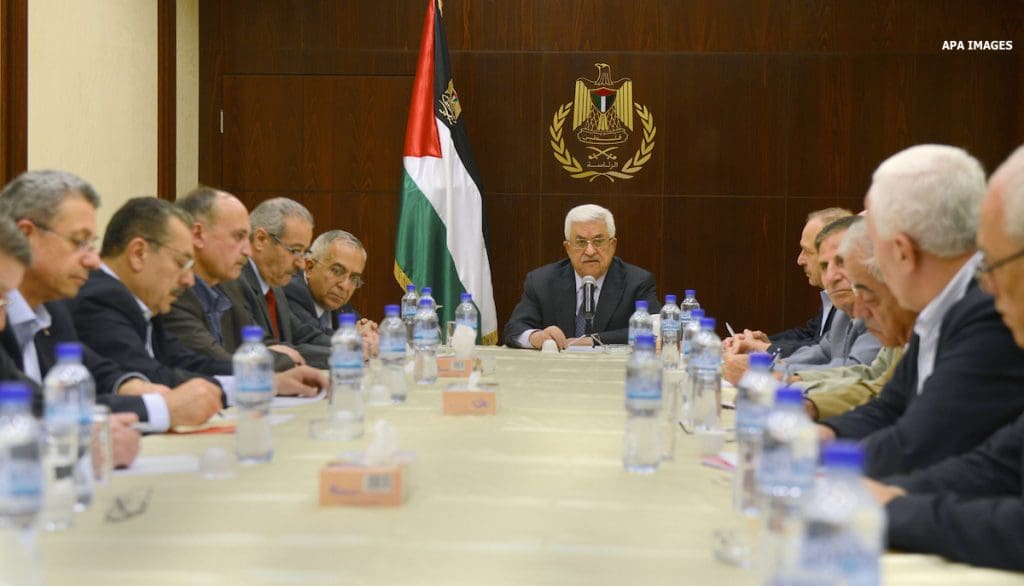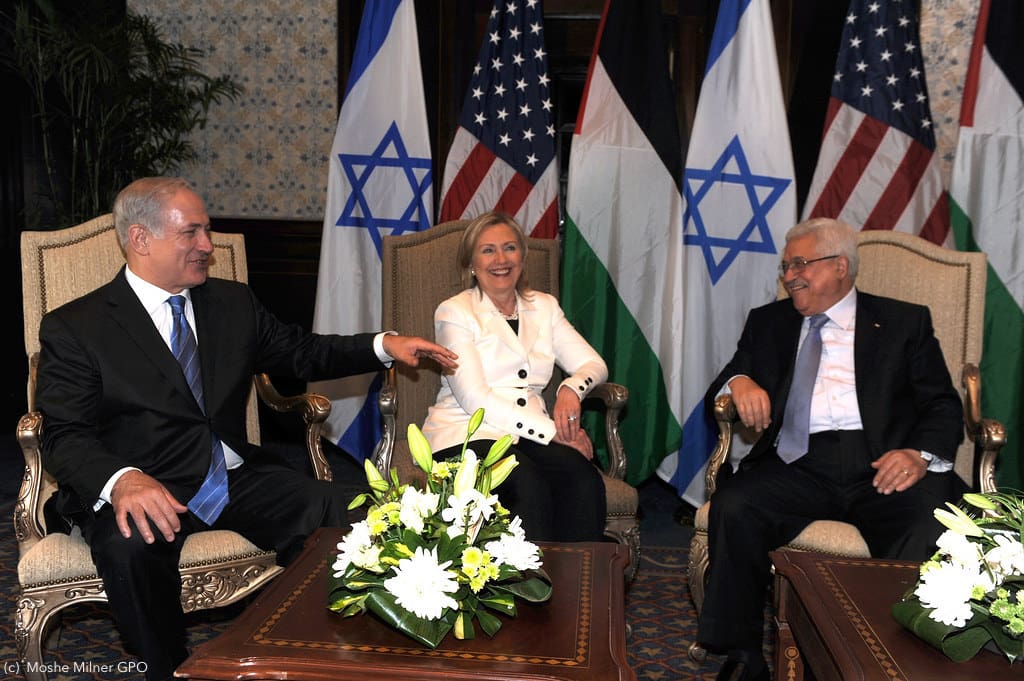Wajjeh Abu Zarifa is a journalist, researcher and professor of political science in Gaza, and a fellow at the University of Chicago. He holds a PhD from the Cairo-based Institute of Arab Research and Studies in political science, and a master’s degree in Israeli studies from the University of Jerusalem. Abu Zarifa has participated in numerous international conferences and seminars, and published scientific papers and research as well as political articles and opinion pieces. He has worked in the press for 30 years with local and international media outlets including most recently NBC News. Abu Zarifa served in a number of community posts, including director of the PLO’s national office for the defense of land and resistance of settlement, and a member of the Secretariat of the Palestinian Journalists’ Syndicate.
From this author
World attention has refocused on Gaza since the Palestinians imprisoned there for more than a decade began their peaceful “Great March of Return” on March 30. Risking life and limb to protest the violations of their human rights – Israel has killed more than 40 protestors and wounded thousands more, many seriously – the Gaza Palestinians have also succeeded in going to the root cause of the conflict.
The national reconciliation meeting that convened all Palestinian political factions in Cairo on November 21-22, 2017, concluded with a statement that referred to past reconciliation agreements and called for the activation of several committees, whose ability to produce meaningful results remains to be seen. True, the Palestinian Authority (PA) resumed its duties in the Gaza-based ministries as per the October agreement signed by Fatah and Hamas in Cairo under the watchful eye of Egyptian President Abdel Fattah el-Sisi, and Hamas has shown positive good will.
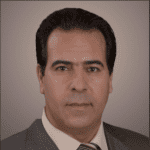
Wajjeh Abu Zarifa· Nov 28, 2017
A Palestinian leadership vacuum looms due to the ill health of the secretary general of the Palestine Liberation Organization (PLO), Saeb Erekat, and the frailty of the Palestinian Authority (PA) President Mahmoud Abbas, who also heads the PLO and its main constituent party Fatah.
With the election of Donald Trump, Israel believes it is free to do what it likes in the Occupied Palestinian Territory, making a difficult Palestinian leadership transition much harder. Al-Shabaka policy analysts examine different scenarios and propose alternatives ranging from consolidating the state to a struggle for the rights of the Palestinian people as a whole.






